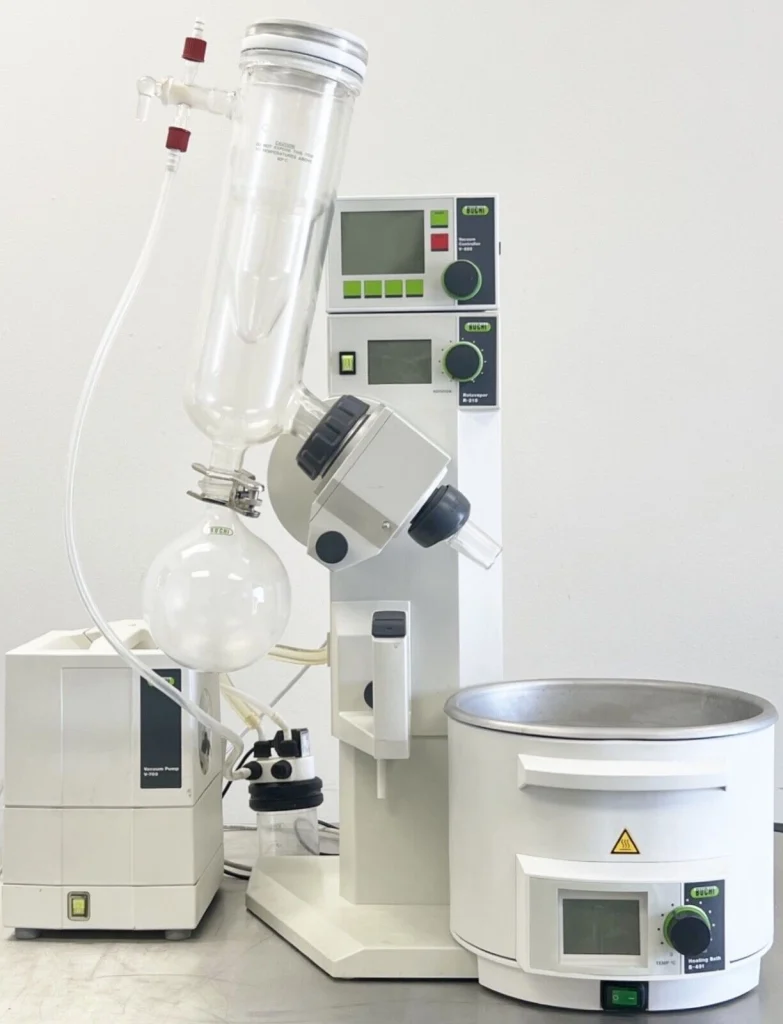Discover How Rotary Evaporators Revolutionize Laboratory Distillation Processes
Rotary evaporators have transformed the landscape of laboratory distillation, offering a more efficient and precise method for separating solvents from compounds. These devices operate by reducing the pressure within a rotating flask, which lowers the boiling point of the solvent. This mechanism allows for gentle evaporation, preserving the integrity of sensitive substances. As a result, rotary evaporators have become indispensable in chemical, pharmaceutical, and food research laboratories worldwide. Their ability to provide consistent results with high efficiency has made them a preferred choice for scientists and researchers. One of the key advantages of rotary evaporators is their capacity to handle a wide range of samples. Whether dealing with volatile or non-volatile compounds, these devices ensure accurate and reliable distillation. The rotating motion of the flask increases the surface area for evaporation, speeding up the process while minimizing the risk of bumping or contamination. This makes rotary evaporators particularly useful for purifying and concentrating solutions, enhancing productivity and accuracy in research environments. Their versatility and precision are unmatched compared to traditional distillation methods.

Temperature control is another vital feature that sets rotary evaporators apart. With adjustable heating baths and vacuum control systems, users can fine-tune the evaporation conditions to suit different compounds. This level of control is crucial for working with heat-sensitive substances that could degrade under high temperatures. By maintaining optimal conditions, rotary evaporators ensure the preservation of chemical properties, making them invaluable tools for analytical and preparative tasks. Their ability to operate under reduced pressure also contributes to energy efficiency and safety in the laboratory. Safety is a significant consideration when using rotary evaporators. Modern designs come with features like safety shields, automatic pressure release systems, and solvent recovery options, minimizing exposure to hazardous chemicals. Additionally, their closed-system design prevents the release of harmful vapors into the laboratory environment, ensuring a safer workspace. This emphasis on safety makes rotary evaporators a reliable choice for educational institutions, research facilities, and industrial laboratories alike. Their ease of use further enhances operational safety and efficiency.
Maintenance and durability are also noteworthy aspects of rotary evaporators. Constructed with high-quality materials like borosilicate glass and corrosion-resistant components, they are designed to withstand harsh chemical environments. Routine maintenance involves cleaning the glassware and checking the vacuum seals, ensuring longevity and consistent performance. This durability reduces operational costs and downtime, allowing researchers to focus on their experiments. The robust construction and ease of maintenance contribute to the popularity of Gwsi rotary evaporators across various scientific disciplines. Rotary evaporators have revolutionized laboratory distillation by offering unmatched efficiency, safety, and precision. Their versatile applications, advanced temperature control and user-friendly design make them indispensable tools for modern scientific research. Whether in chemical synthesis, pharmaceutical development, or food analysis, rotary evaporators continue to set the standard for effective solvent separation and purification. Their ability to adapt to diverse research needs ensures their continued relevance in the evolving landscape of laboratory technology.


